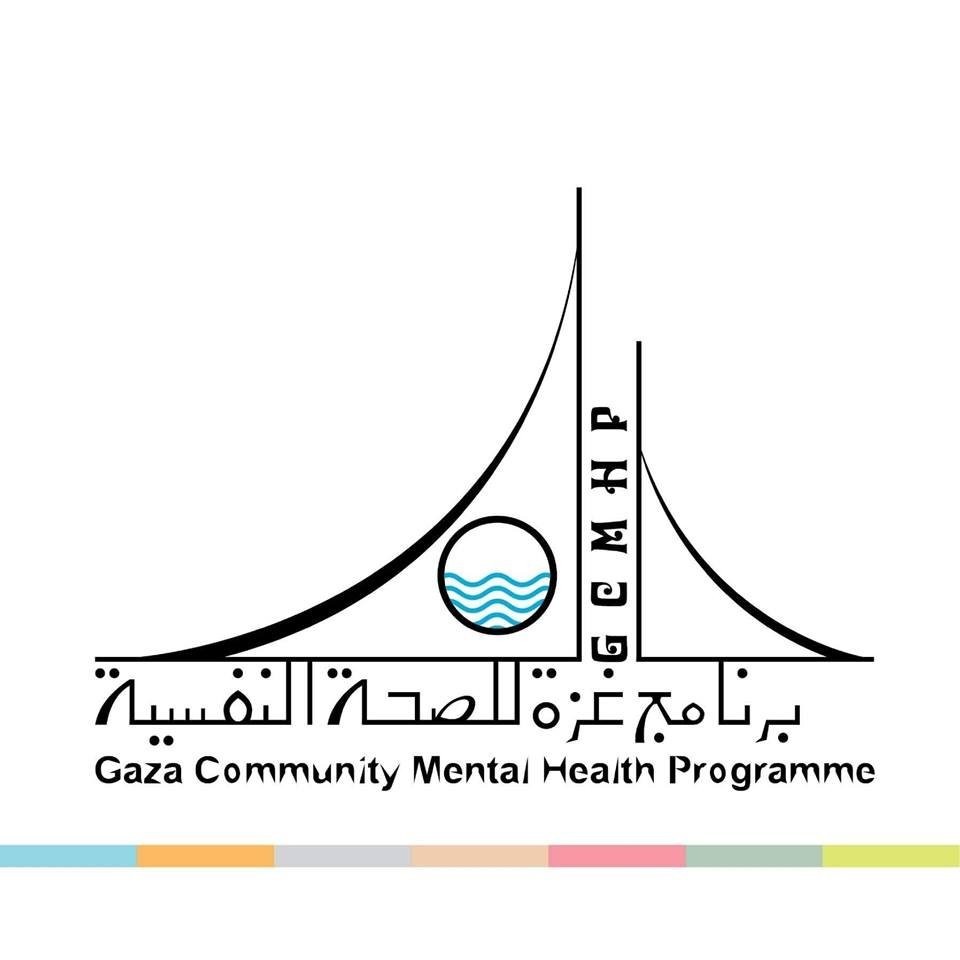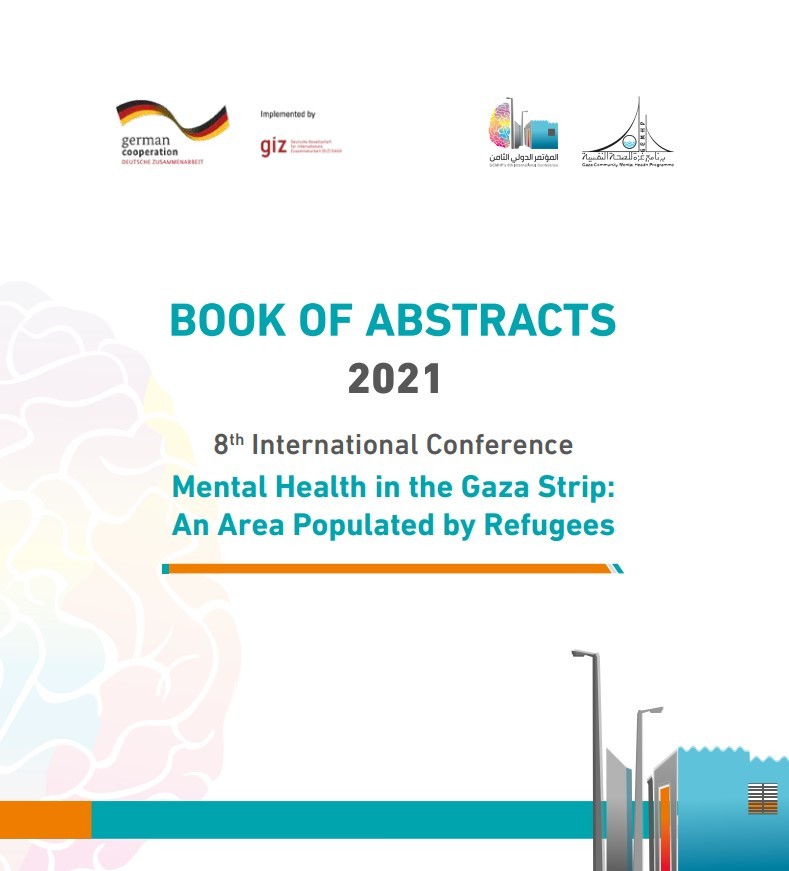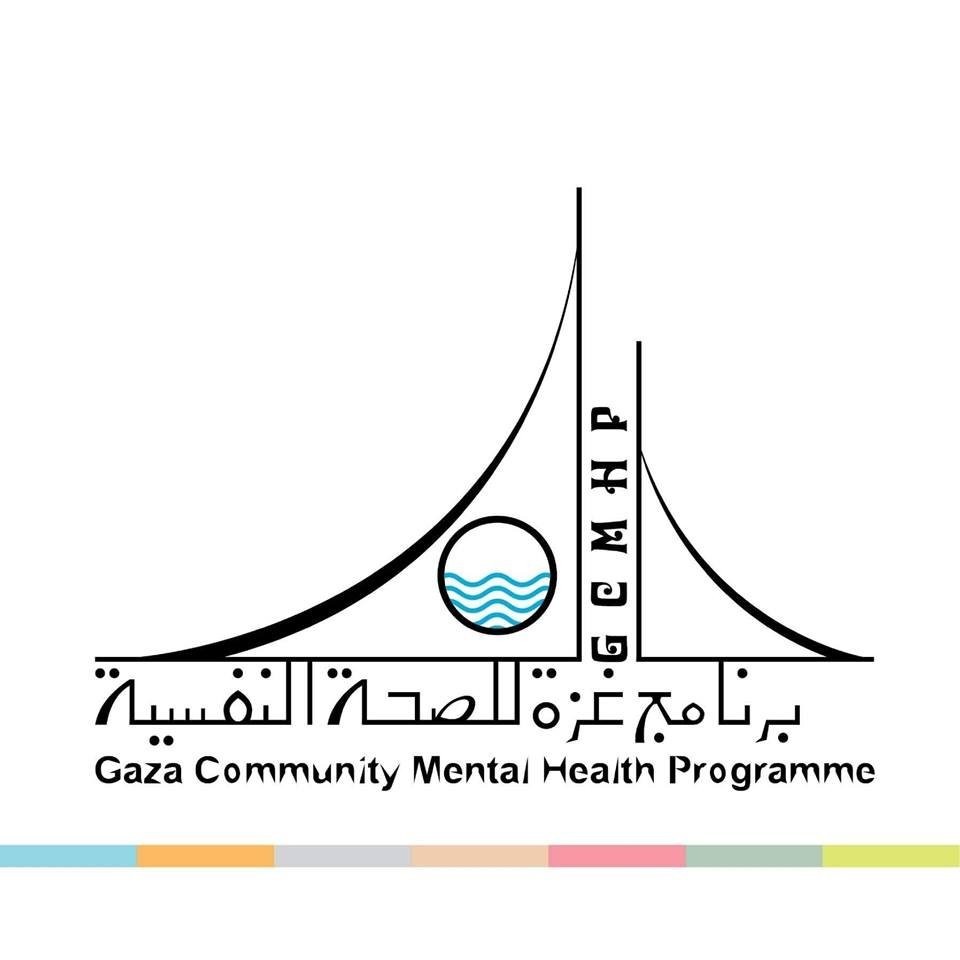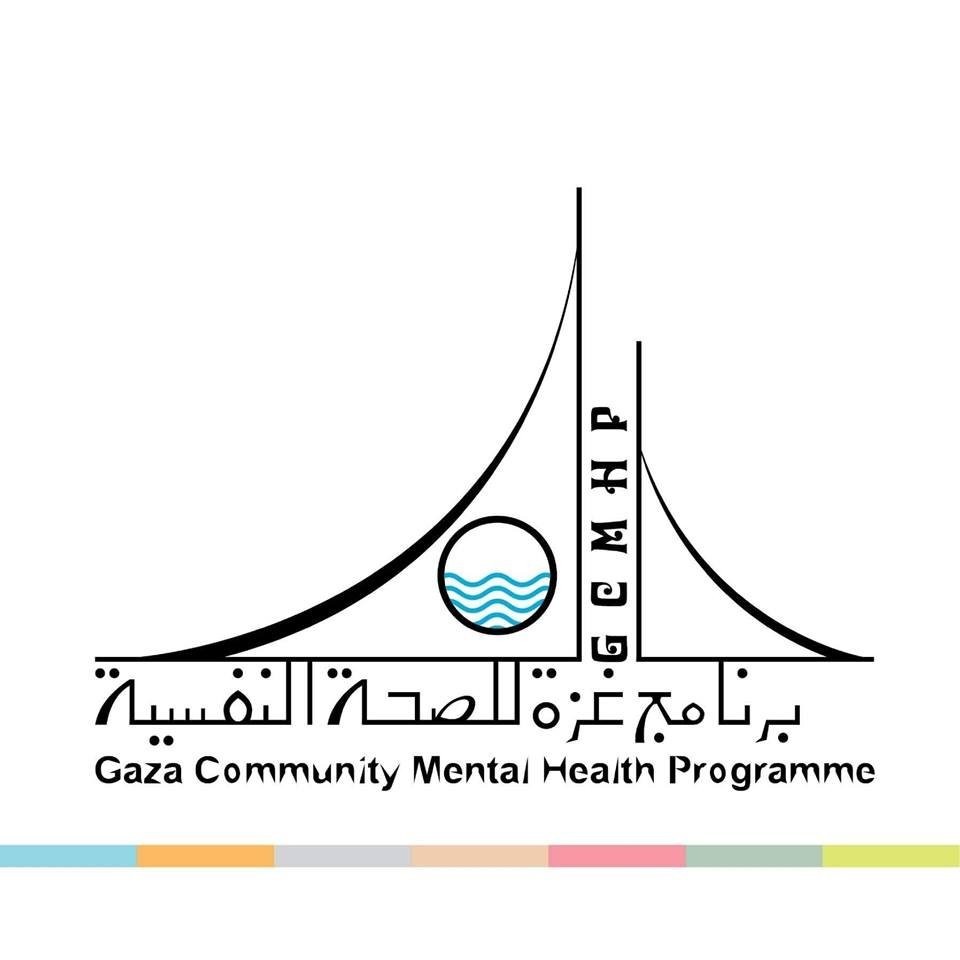
“Psychosocial Concerns in a Context of Prolonged Political Oppression: The Gaza Mental Health Providers’ Perceptions”
Psychosocial Concerns in a Context of Prolonged Political Oppression: The Gaza Mental Health Providers’ Perceptions
Marwan Diab, PhD1,3, Guido Veronese, PhD2, Yasser Abu Jamei, MA1,3, Rawia Hamam, MA1,3, Sally Saleh, BA1, Hasan Zeyada, BA1,3, Ashraf Kagee, PhD3
1. Gaza Community Mental Health Programme, occupied Palestinian territories
2. University of Milano-Bicocca, Italy
3. Stellenbosch University, South Africa
ABSTRACT
In this qualitative exploratory study, we investigated the perspectives of mental health providers in Gaza, Palestine, regarding the primary concerns of their clients who are exposed to low-intensity warfare and structural violence. Thirty experienced mental health providers, both men and women, were interviewed. We conducted qualitative interviews with psychologists, social workers, psychiatrist nurses, and psychiatrists providing services to communities in Gaza. Participants were asked to discuss their client’s most commonly occurring mental health problems, diagnoses, and psychosocial conditions. Data were transcribed and thematically analyzed with the assistance of Atlas.ti. One super-ordinate theme (The Impact of the Blockade on Mental Health and Quality of Life) and four second-order themes (Concerns about Social Problems, General Concerns about Quality of Life, Concerns about the Mental Health of the Community, and Concerns Related to Children’s Mental Health) emerged from the data. Participants indicated that the social and political dimensions of mental health and the economic, educational, and health-related consequences of the ongoing blockade of Gaza were the main determinants of psychological burden among their clients. Findings demonstrated the importance of adopting an approach to mental health that includes understanding psychological indicators in a broader framework informed by human rights and social justice-oriented models. Implications for research and clinical work are discussed including the role of investments in social capital that may provide individuals with access to resources such as social support, which may in turn promote overall mental health.
Keywords: war, political violence, mental health, mental health providers’ perceptions, qualitative methods.
For correspondence: Marwan Diab (PhD): Head of Research and Studies Unit, Gaza Community Mental Health Programme, Gaza Strip, Palestine
Email: diabmarwan@gmail.com




Read Comments
Steven Rich
March 10, 2019Omnis iste natus error sit voluptatem accusantium nam libero tempore, cum soluta nobis est eligendi optiocumque nihil impedit quo minus id quod maxime.
Van Wimbilton
March 10, 2019Natus error sit voluptatem accusantium nam libero tempore, cum soluta nobis eligendi optio cumque nihil impedit quo minus id quod maxime.